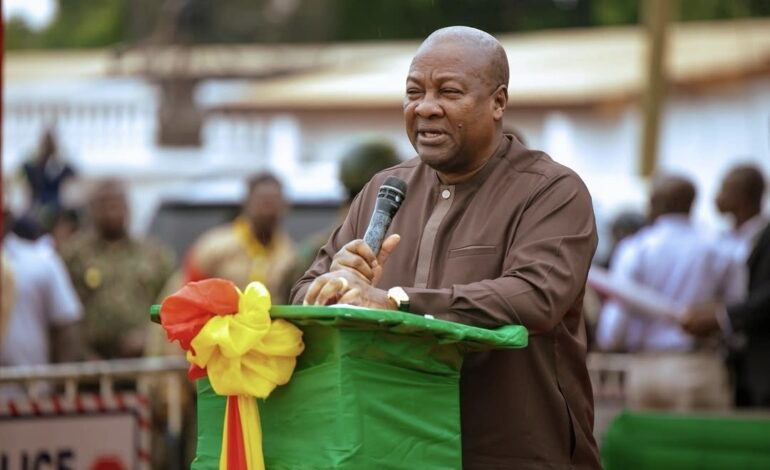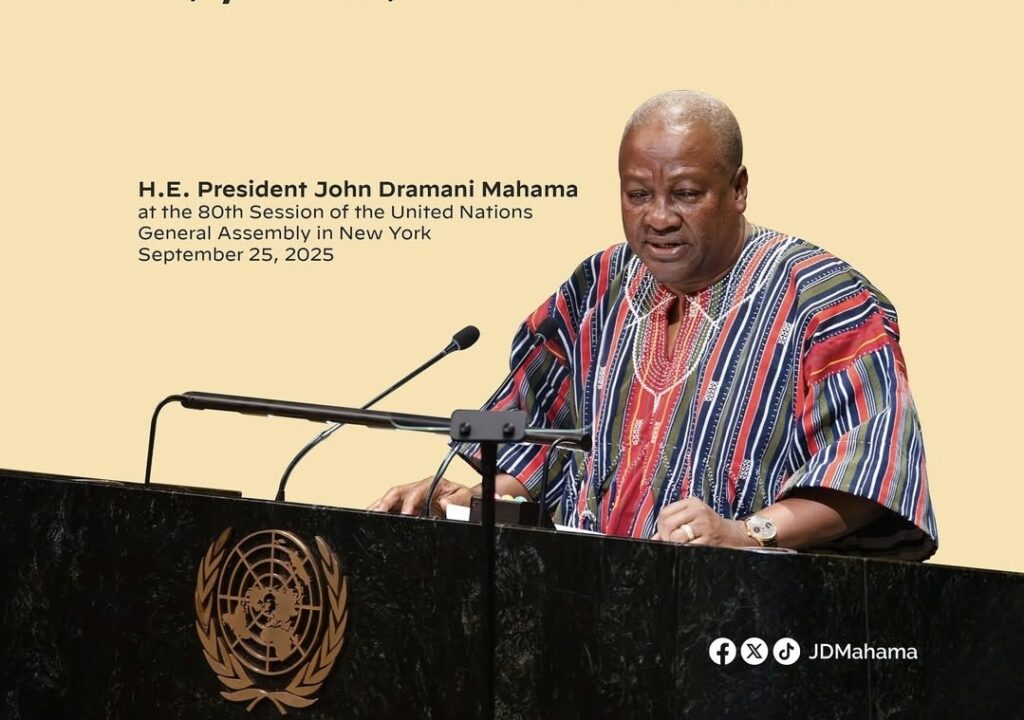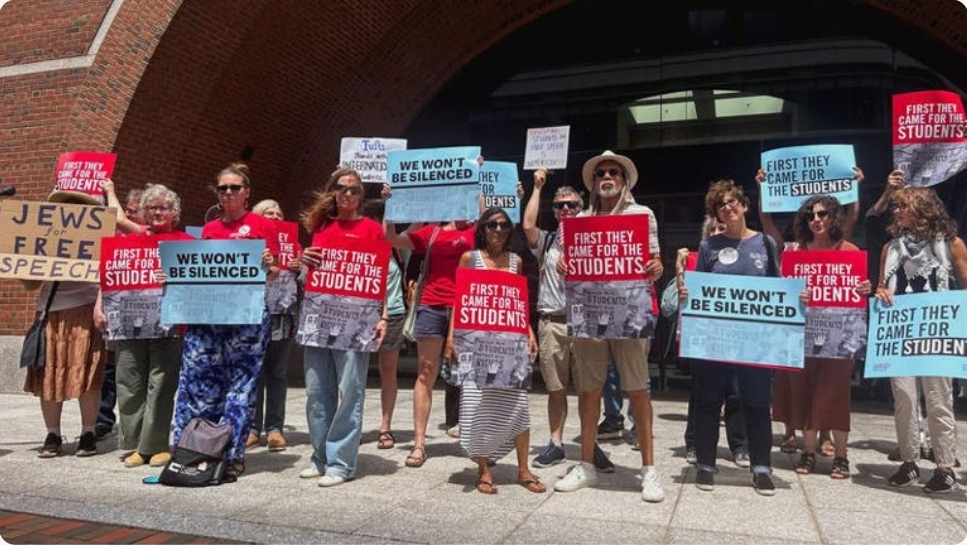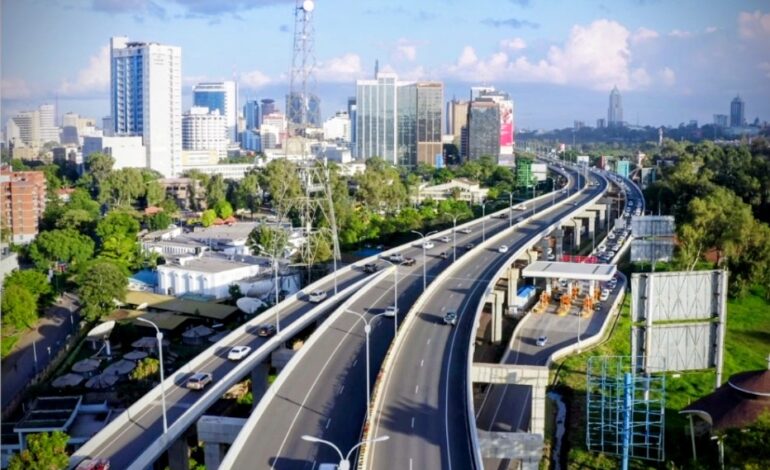
Wayne Lumbasi
Ghana is facing mounting backlash after agreeing to accept deportees from the United States under a deal that many are calling secretive and unlawful. The controversy began in September when fourteen West African nationals, including Nigerians and a Gambian, were flown into Accra as part of a U.S. deportation program. President John Mahama defended the move, saying it aligns with ECOWAS’ visa-free policy that allows West Africans to move freely across borders.

But human rights groups, lawyers, and opposition leaders insist the arrangement goes far beyond regional migration rules. They argue that Ghana has effectively become a dumping ground for Washington’s deportation agenda. Lawyers representing eleven of the deportees claim their clients remain detained at a military facility outside Accra, where they are allegedly being held under harsh conditions without access to legal counsel or contact with their families. Ghanaian authorities, however, maintain that all the individuals have been safely sent back to their home countries.
The U.S. decision has also drawn criticism from its own courts. A federal judge in Washington condemned the deportations, describing them as a deliberate attempt to sidestep legal protections for migrants who feared persecution if returned to their countries. Yet, once the deportees landed in Ghana, the court ruled it no longer had jurisdiction over their fate.

In Accra, the matter has reached the High Court, where activists are challenging the constitutionality of the government’s agreement with the U.S., arguing that it bypassed parliamentary approval and violated national sovereignty. As reports suggest more deportations could follow, the issue has ignited a wider debate over human rights, transparency, and Ghana’s role in global migration politics.
RELATED
U.S DEPORTEES SUE GHANA FOR UNLAWFUL DETENTION
U.S. EXPANDS THIRD-COUNTRY DEPORTATIONS TO ESWATINI, SOUTH SUDAN WHILE PRESSING LANDLORDS FOR TENANT DATA








